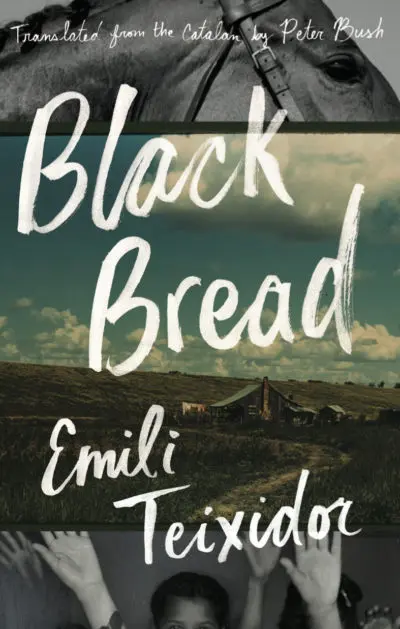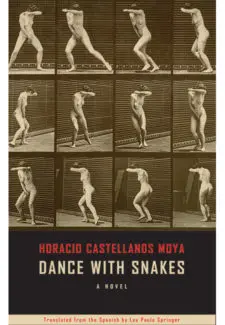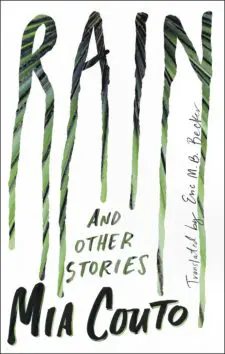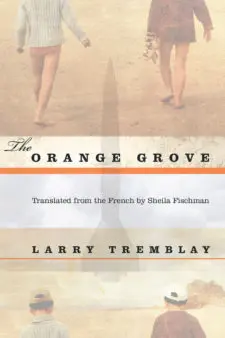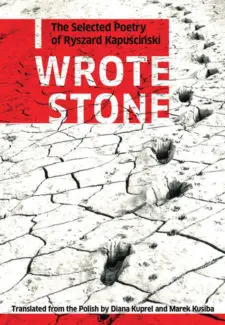Description
In the rough hill country of rural Catalonia, the Spanish Civil War is over and the villagers live under occupation by the fascist Civil Guard. With his father in jail, facing possible execution as a subversive, and his mother working long hours in a factory, eleven-year-old Andreu is sent to live with his grandmother, uncles, aunts and cousins in a farmhouse in a remote valley. His inquisitive, self-taught grandmother encourages him to study, but who will Andreu become? He doesn’t want to be a farmhand, or work in a factory, or flee into exile in France like his uncle and aunt. His cousin Núria invites him to play sex games with her in the woods, but Andreu cannot stop thinking about a young man he sees lying naked in a monastery garden.
Confronted on all sides by the need to define himself, Andreu must make a difficult decision. One of the major novels of contemporary Spain, and the inspiration for the first film in the Catalan language to be nominated by Spain for an Academy Award, Black Bread brings to life a rural world of mythical force as it traces with piercing psychological insight, in gorgeous prose, the movements of a boy’s psyche as he contemplates growing into an adult.
PRAISE FOR BLACK BREAD
“This richly written saga, set in the Catalan countryside in the aftermath of the Spanish Civil War, 11-year-old Andreu has gone to live with his grandparents while his father awaits execution for reputedly subversive activities. Initially, Andreu enjoys romping with cousins Quirze and Núria—the old plumtree is their base of operations—and Teixidor’s details of family, school, and country life are homey and surprisingly gratifying. The story gets darker and increasingly interesting as we learn more about Andreu’s parents, with Andreu reflecting bitterly on his meek mother’s single-minded obsession with saving his off-balance father and proclaiming, “Love burns. Love destroys. Love kills.” His confusion is compounded when he’s distracted from Núria’s teasing sex games by the sight of a young man stretched out naked in a monastery garden. Eventually, Andreu must leave his own garden for the wider world, convinced that he’s a monster. VERDICT: A taut and tender coming-of-age story that’s both resonant and intriguingly different.”—Library Journal
“Black Bread frequently alludes to memory’s instability, its wavering between continuity and transience: What images and words trigger memories to reappear? Why do some individuals stay in our mind longer than others? … PerhapsBlack Bread’s most distinctive achievement is the acute awareness … of both the harsh reality of [the protagonist’s] time and the somnolence of a life fading away before ones eyes, beyond his control … A bold, commendable effort to expose a troubling legacy from the past. ”—Music & Literature
“Black Bread… builds slowly, through the accrued detail of seemingly disconnected scenes… or, let’s say, a string of scenes where the narrative throughline is not immediately apparent to the reader.” —Ron Hogan, Beatrice
“An intense, dazzling work that evokes the hard post-Civil War years in the valleys of rural Catalonia through the eyes of a boy who belongs to the world of the war’s losers … One of the best novels of recent years.”
—La Vanguardia (Barcelona)
“Teixidor’s iron command of narrative technique allows the voices of his unforgettable characters to reach us across the gulf of their hopes and miseries.”—El País (Madrid)
“Teixidor achieved an absolute best-seller with Black Bread, a novel written in a very rich style, full of subtleties, and appealing to a wide range of readers.”—El Periódico (Barcelona)
“Exile, repression, cold and hunger in a rural milieu are the background to Black Bread. Teixidor pioneers a new approach to the literary presentation of historical memory that is full of subtle distinctions and avoids the facile dualisms of good and evil.”—ABC (Madrid)
“The name of Emili Teixidor is now inseparable from Black Bread.”—La Nueva España

